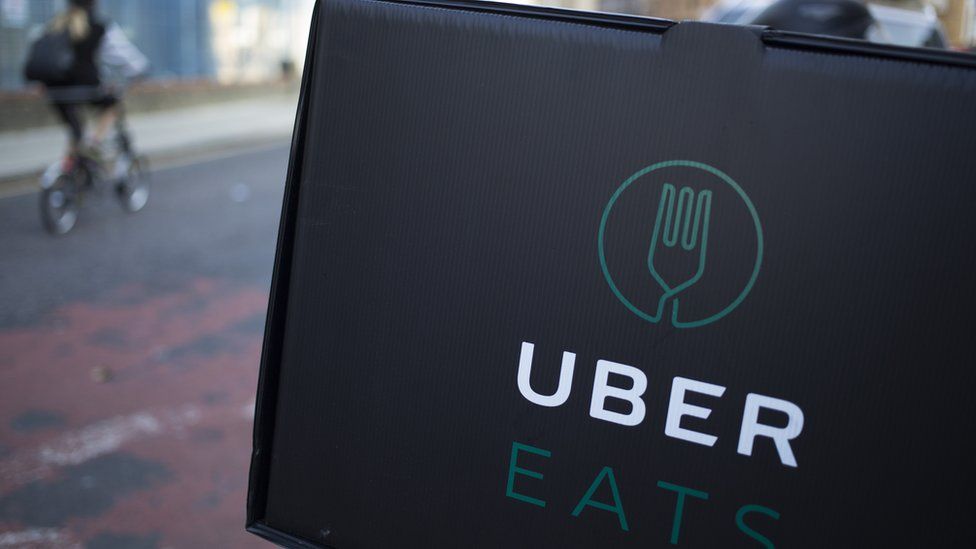
Pimlico Plumbers workers not entitled to employment rights
Following a nine-year-long legal battle, former Pimlico Plumbers engineer Gary Smith has lost his Employment Appeals Tribunal (EAT) case over his entitlement to holiday pay.
Having won a landmark legal battle against Pimlico Plumbers over his working rights back in 2018, on 18 March 2021 the Supreme Court ruled that he was not entitled to the holiday pay he said he is owed, despite the ruling that Smith was a worker and not self-employed. He will therefore not receive any of the £74,000 worth of holiday pay he claimed is owed to him.
In a statement, Charlie Mullins, Founder and Chairman of Pimlico Plumbers, said:
“Once again we have been proven to be in the right and Smith’s claims have continued to fall on deaf ears with the EAT ruling that he is in fact not owed a penny by the company.”
Smith claimed he was due employment rights and holiday pay, as he received payment for jobs he did through the company.
Over the last few years there has been considerable blurring of the lines between different types of employment status, and the definition of 'employee' and 'worker' differs slightly from one area of legislation to another.
The growth of the ‘gig economy’ – made up of short-term contracts and flexible working as opposed to long-term contracts – has only added to the confusion. Employment Tribunals sometimes agree that workers are employees, and therefore entitled to benefits, and vice versa.
In February this year, Uber lost its appeal against the Supreme Court to class its drivers as self-employed. Now classed as workers, Uber's drivers in the UK are entitled to the National Minimum Wage, holiday pay and rest breaks.







